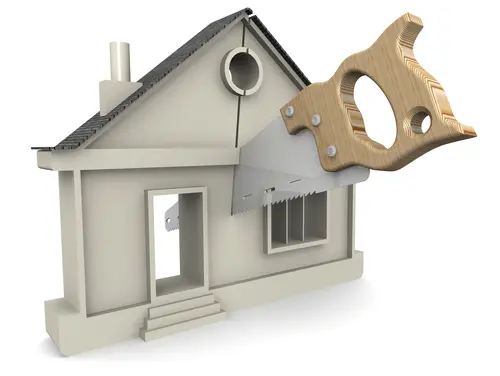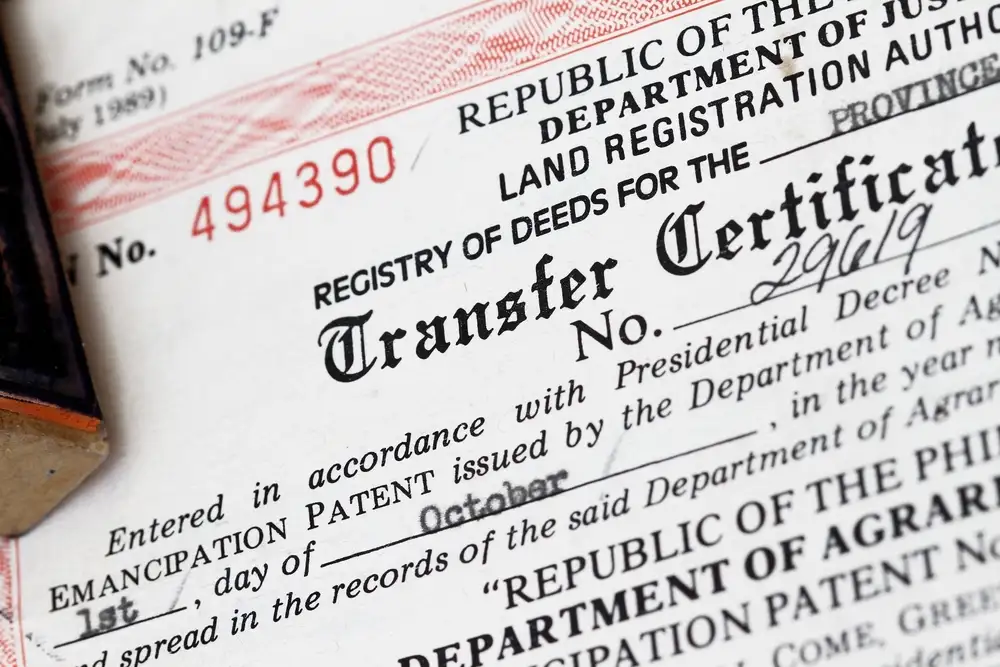
When two people marry, they combine their lives. When they divorce, they must split their joined life apart, piece by piece. Marital property division is very easy in some ways, and in other circumstances it can become difficult and contentious. You always want the help of a Michigan divorce lawyer to divide the details at the end of your marriage.
What Is Marital Property?

Marital property is defined as property you and your spouse acquired during your marriage and that is owned by both of you, whether there is a title or deed to go with the property and regardless of whose name is on that piece of paper. Property, in divorce terms, can include everything from the family home to the family dog, cars to furniture. Deciding who gets what can feel ironically like registering for a wedding registry – only this time you’re going through the marital home and making a mark on the items you want to claim.
What Is Separate Property?
Items that are not marital property are called separate property and the party who originally owned the property usually keeps their separate property in a divorce, like a rental unit that one spouse owned before the marriage, or an inheritance one spouse got during the marriage. There are some situations, however, where separate property can be divided. In the case of the rental unit, for example, if the other spouse contributed to the improvement or growth of the property, they may be entitled to part of the unit’s value or increase in value.
Separate or Marital Property?

Separate property can turn into marital property if it is used regularly for marital purposes or held in a joint bank account, like an inheritance or monetary gifts from a family member used to pay down the mortgage on your family home.
Determining whether property is marital or separate can be confusing and complicated, and it is a common area of contention in divorce negotiations.
Understanding Equitable Distribution
Michigan is an equitable distribution state. This means a couple is encouraged to come to their own settlement where marital property division is concerned, but if they cannot a judge will determine what is equitable. “Equitable” does not necessarily mean “equal.” There is no mathematical formula that must be followed, but the judge in the divorce case will divide a pair’s assets in the manner he or she considers most fair.
Many factors can influence how a judge rules when it comes to marital property division. These may or may not include:
- The length of the marriage
- What each person contributed to the marital property
- The circumstances and needs of both parties
- The age and health of the parties
- Earning potential
- Each spouse’s conduct
Transferring Property and Titles

Even though your judgment of divorce will state which party is keeping which property, you will still need to do more paperwork or make certain efforts to officially transfer deeds or titles. The divorce papers will typically state how long a party is given to make these transfers. One party can file a motion asking the judge to enforce their judgment of divorce if the transfers are not made.
Learn More About Marital Property Division from a Michigan Divorce Lawyer
Your Michigan divorce lawyer wants you to get the fairest divorce possible, and careful negotiation and settlement regarding marital property division is part of that. If you’re worried about protecting your personal belongings, property, or money from your ex, or if you’re worried that your ex will try to hide marital property from you, get support now. Schedule an initial consultation with Michigan Divorce Help in Mount Clemens, Michigan. We will help you protect what’s yours.